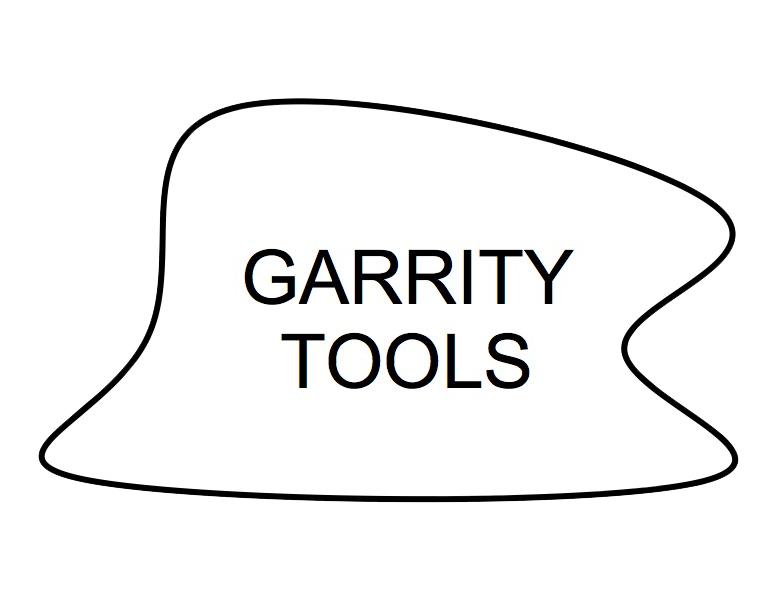Worker-Owned
Garrity Tools is a worker-owned co-op!
This means that we are a business owned and controlled by our workers.
This photo was taken the day that the workers of Garrity Tools purchased the company from the former sole-owner Collin Garrity. Pictured from left to right: Brie, Collin, and Jenny.
About Garrity Tools’ Co-op Structure
Garrity Tools is a co-op conversion, meaning the company started as a sole proprietorship, but the workers bought the company from the owner in order to make it a worker-owned co-op. For our conversion the original owner, Collin Garrity, also became a worker-owner of the new co-op!
Everyone that works at Garrity Tools has a pathway to ownership. In order to become a worker-owner team members must:
Work at Garrity Tools for 1,664 hours (equivalent to one year full time with our 4-day workweek)
Pay an initial capital contribution of $2,222
Be voted in to Worker-Ownership by the current worker-owners
Once someone is a worker-owner they have an equal vote in decisions about the company and share in the profits through a system called patronage. Our current worker-owners include: Brie Cella, Collin Garrity, and Jenny Murphy.
Our Workplace
While every team member has a path to ownership, it is not required to work at Garrity Tools. As a co-op there are other ways we work to ensure a democratic and healthy workplace for all, including: quarterly financial reports and financial transparency, a clear pay structure and pay transparency, a 4-day work week, benefits, participatory budgeting, and more.
About Worker-Owned Co-ops
Worker-cooperatives are values-driven businesses that put worker and community benefit at the core of their purpose. In contrast to traditional companies, worker members at worker cooperatives participate in the profits, oversight, and often management of the enterprise using democratic practices.
The model has proven to be an effective tool for creating and maintaining sustainable, dignified jobs; generating wealth; improving the quality of life of workers; and promoting community and local economic development, particularly for people who lack access to business ownership or sustainable work options.
Interested in learning more about co-ops? Check out these resources:
Our Business Manager heads up our co-op education and loves sharing info with others about the benefits of being a co-op and Garrity Tools’ journey to becoming a worker-owned cooperative. If you have any questions, feel free to email her at jenny@garritytools.com.

